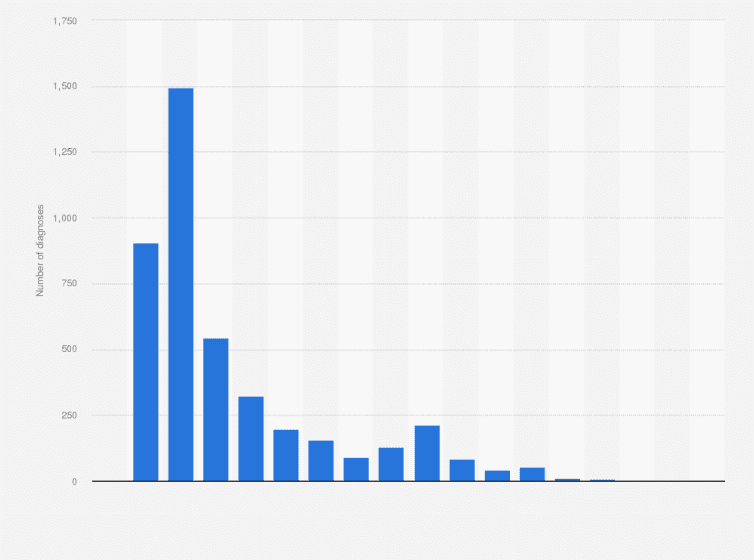Focus Test
3 Min Free Focus Test
Who Can Benefit From This Focus Test?
This focus test can be beneficial for anyone who is interested in assessing their level of focus and concentration. Focus and concentration are important skills in many aspects of life, including work, school, and personal relationships.
Individuals who are experiencing difficulty with focusing or completing tasks may find this test particularly helpful in identifying areas for improvement. Additionally, those who are interested in personal growth and development may find the results of this test useful for identifying strategies to improve their focus and concentration.

Focus Test Accuracy

The accuracy of a focus test can vary depending on several factors, including the specific test used, how the test is administered, and the individual taking the test.
Focus tests are designed to assess various aspects of focus and concentration, such as sustained attention, selective attention, and cognitive flexibility. While these tests can provide a useful starting point for individuals who want to assess their level of focus, it’s important to recognize that no single test can fully capture all aspects of focus and concentration.
Additionally, it’s important to consider that self-report measures, such as focus tests, may be influenced by factors such as social desirability bias, meaning that individuals may respond in a way that they think is socially desirable rather than providing accurate information about their true thoughts and behaviors.
Types of Focus Test
Stroop Test:
This test assesses the ability to selectively attend to information and ignore irrelevant information. Participants are asked to name the color of a word while ignoring the word itself.
Continuous Performance Test (CPT):
This test assesses sustained attention by measuring the ability to respond to a target stimulus and ignore distractors over a prolonged period of time.
Trail Making Test:
This test assesses cognitive flexibility by measuring the ability to switch between tasks quickly and efficiently. Participants are asked to connect numbered dots in order or connect numbered and lettered dots in alternating order.
Digit Span Test:
This test assesses working memory by measuring the ability to hold and manipulate information in memory. Participants are asked to repeat a sequence of digits in either forward or reverse order.
Attention Network Test (ANT):
This test assesses the ability to selectively attend to different types of information, including visual and auditory stimuli, and the ability to disengage from one task and move to another.
Wisconsin Card Sorting Test:
This test assesses cognitive flexibility by measuring the ability to adapt to changing rules and stimuli. Participants are asked to sort cards based on different criteria and then adapt their sorting strategy as the criteria change.
Treating Issues related to Focus
- Identifying and managing underlying conditions: In some cases, issues with focus may be related to underlying conditions, such as ADHD or anxiety. Seeking a diagnosis and treatment plan from a mental health professional can help identify and manage these conditions.
- Establishing healthy habits: Maintaining healthy habits, such as getting enough sleep, eating a nutritious diet, and engaging in regular exercise, can help improve focus and concentration.
- Minimizing distractions: Minimizing distractions in the environment, such as noise or clutter, can help improve focus and concentration. It may be helpful to create a designated workspace or use noise-cancelling headphones.
- Developing organizational strategies: Developing organizational strategies, such as using a planner or creating to-do lists, can help improve focus and productivity.
- Mindfulness practices: Mindfulness practices, such as meditation or deep breathing exercises, can help improve focus and reduce stress.
- Medication: In some cases, medication, such as stimulants or antidepressants, may be prescribed to help manage symptoms related to focus and concentration.

